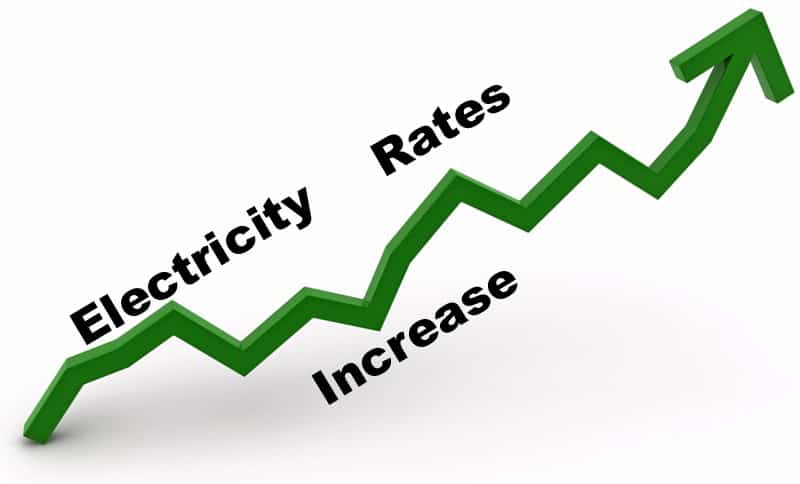Restaurants and entertainment venues in Thailand are struggling with rising power bills and a lack of outdoor customers due to the current scorching weather. Meanwhile, super malls are seeing an increase in customer traffic as people look for a cool refuge from the heat.
Thanakorn Kuptachit, an advisor to the Thai Alcohol Business Association, stated that the current sweltering weather is negatively impacting hotels, restaurants, and entertainment places. These facilities are also being burdened with higher electricity bills due to their appliances, such as refrigerators and air conditioners, which have to work harder and run constantly.
Additionally, the lack of outdoor customers due to the heat is adding to the businesses' challenges. Despite businesses running normally, they are being affected by the unfavorable weather. However, there is still support from nighttime tourists, although the legal closing time has still not been extended as previously proposed.
Mrs. Thaniwan Kulmongkol, President of the Thai Restaurant Association, also spoke out about the issue of rising electricity prices, especially in the restaurant sector. She found that a large restaurant chain's latest overall electricity bill had spiked to 1.7-1.8 million baht, representing an increase of over 70% compared to the previous bill of 1.1-1.2 million baht. However, restaurant operators cannot immediately adjust their selling prices, so they are absorbing electricity costs into their management expenses.
Thanakorn Kuptachit, an advisor to the Thai Alcohol Business Association, stated that the current sweltering weather is negatively impacting hotels, restaurants, and entertainment places. These facilities are also being burdened with higher electricity bills due to their appliances, such as refrigerators and air conditioners, which have to work harder and run constantly.
Additionally, the lack of outdoor customers due to the heat is adding to the businesses' challenges. Despite businesses running normally, they are being affected by the unfavorable weather. However, there is still support from nighttime tourists, although the legal closing time has still not been extended as previously proposed.
Mrs. Thaniwan Kulmongkol, President of the Thai Restaurant Association, also spoke out about the issue of rising electricity prices, especially in the restaurant sector. She found that a large restaurant chain's latest overall electricity bill had spiked to 1.7-1.8 million baht, representing an increase of over 70% compared to the previous bill of 1.1-1.2 million baht. However, restaurant operators cannot immediately adjust their selling prices, so they are absorbing electricity costs into their management expenses.
On the other hand, super malls are benefiting from increased customer traffic as people seek shelter from the blazing sun and avoid running air conditioning at home. Mr. Nattakit Tangpoonsinthana, Vice President of the Marketing Division of Central Department Store, reported that Central World has seen an approximate increase of 10-15% in customer visits compared to normal days, with over 200,000 people per day, including Thais and international tourists alike, during the recent Songkran festival.
Thai and foreign visitors are choosing to visit retail stores within shopping malls and department stores, particularly during weekends.
There has been a significant increase in customer footfall starting around 11:00 AM, compared to the previous pattern of visiting between 11:30 AM to 12:30 PM. Customers are also spending more time in stores, shops, and malls, with an average visit duration of 3-4 hours.
In response to the public outcry over rising power bills, caretaker Prime Minister Prayut Chan-o-cha revealed that he would wait for a special meeting with the Energy Regulatory Commission before approving a 7-satang reduction in the electricity tariff for the May to August period.
Thai and foreign visitors are choosing to visit retail stores within shopping malls and department stores, particularly during weekends.
There has been a significant increase in customer footfall starting around 11:00 AM, compared to the previous pattern of visiting between 11:30 AM to 12:30 PM. Customers are also spending more time in stores, shops, and malls, with an average visit duration of 3-4 hours.
In response to the public outcry over rising power bills, caretaker Prime Minister Prayut Chan-o-cha revealed that he would wait for a special meeting with the Energy Regulatory Commission before approving a 7-satang reduction in the electricity tariff for the May to August period.





